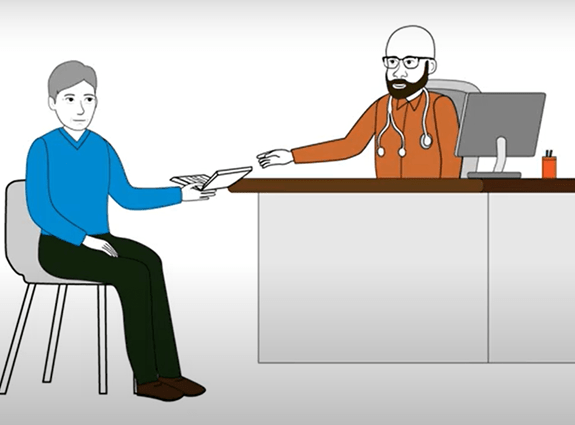
Pain relief when you have cancer
Cancer can be hard to understand and stressful to cope with. These short, animated videos on cancer-related topics present information that is simple, straightforward and sympathetic.
The Cancer Basics video series is proudly sponsored by BMO.
The Cancer Basics video series is proudly sponsored by BMO.
2 min. read
If you have cancer, living with pain can be difficult. But it’s possible to find ways to prevent and relieve your pain. This video shares some ways to help you manage and cope with pain while living with cancer.
Your trusted source for accurate cancer information
With support from readers like you, we can continue to provide the highest quality cancer information for over 100 types of cancer.
We’re here to ensure easy access to accurate cancer information for you and the millions of people who visit this website every year. But we can’t do it alone.
Every donation helps fund reliable cancer information, compassionate support services and the most promising research. Please give today because every contribution counts. Thank you.
